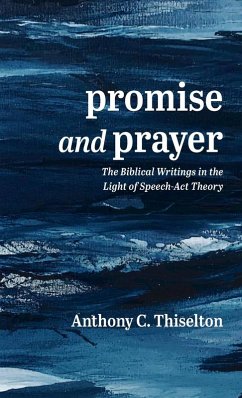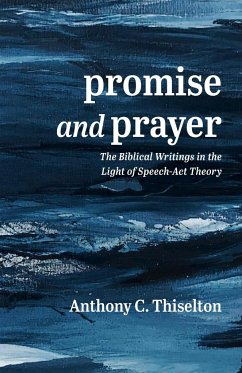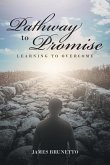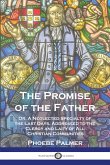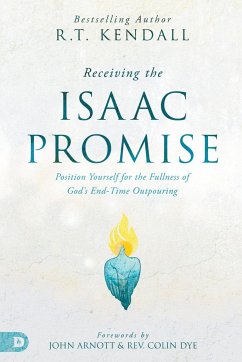In the Bible, promise and prayer are essential and connected components of the inter-personal relationship between God and his people. And both promise and prayer are kinds of action undertaken by means of speaking, utterances philosophers refer to as speech acts. In the case of promises this is clear: they constitute firm commitments to act in certain ways under appropriate conditions. This book considers biblical examples of divine promise, from both Old and New Testaments. All speech acts depend upon institutional facts, and Thiselton argues that in the biblical writings Divine promises are based on the prior institution of God's covenant. That same covenant forms the institutional context of prayer. Thiselton shows how different kinds of prayer--blessing, thanksgiving and praise, petition and intercession--count as speech acts in different ways and to different degrees.
Hinweis: Dieser Artikel kann nur an eine deutsche Lieferadresse ausgeliefert werden.
Hinweis: Dieser Artikel kann nur an eine deutsche Lieferadresse ausgeliefert werden.

